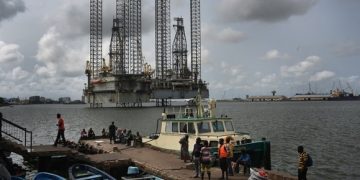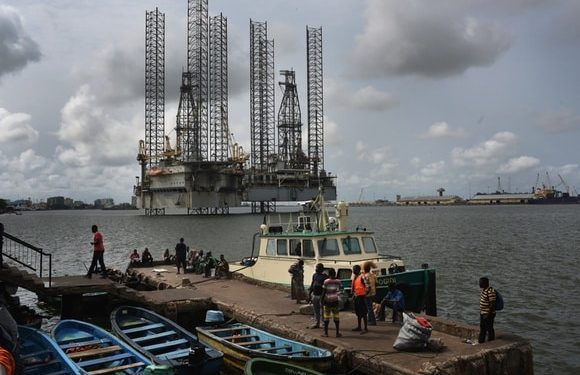By John Ikani
Details have emerged of how a former United Kingdom-based trader for Glencore Plc, Anthony Stimler, bribed officials in Nigeria in exchange for favourable contracts from the Nigerian National Petroleum Corporation, NNPC and to benefit a senior government official in the nation’s elections.
According to court documents seen by Heritage Times, Mr Stimler, acting through subsidiaries of Glencore, paid millions of dollars in bribes between 2007 and 2018 in several countries, including to officials at Nigerian National Petroleum Corp (NNPC) in exchange for NNPC awarding oil contracts and providing “more lucrative grades of oil on more favorable delivery terms.”
The court papers revealed that a “co-conspirator” notified Stimler by email in September 2014 that a “high-ranking Nigerian official” who was not identified had set conditions for companies wishing to secure crude shipments.
The email read “NNPC’s customers “are giving in advance [$300,000] each month/cargo plus a certain amount which varies at the moment.”
By October 3, 2014, in response to the information communicated, Mr Stimler caused a subsidiary to send a wire transfer of approximately $300,000 from the subsidiary’s bank account in Switzerland, through a bank in the Southern District of New York, to the intermediary Company’s bank account in Cyprus.
The payments were to be made “in connection with a then-upcoming political election” in the West African nation, the prosecutors said in summarizing the co-conspirator’s email. The court filings don’t explain how the money was to be used in the election or if it was spent for that purpose.
On October 5, 2014, Mr Stimler allegedly sent an email to two of the co-conspirators wherein he stated, in substance and in part, that the subsidiary company’s management had approved the payment and wrote, “[S]o please please make sure on your side, NNPC perform[s] . . . .”
Months later, the then ruling People’s Democratic Party PDP which had held power in Nigeria since the restoration of democracy in 1999 lost legislative and presidential elections that took place in March 2015.
Earlier in or around March 2014, the defendant equally requested and received approval for a subsidiary of Glencore to make a $500,000 payment to the first intermediary company, intending for one of the co-conspirators to pass on a portion of the payment to an official in Nigeria to assist Glencore and the subsidiaries in obtaining business advantages, including eligibility to purchase oil cargoes from the NNPC.
On or about April 20, 2015, while in the United States, Mr Stimler also received an email in which the sixth co-conspirator offered to pay a bribe to a Nigerian official of approximately $50,000 per oil cargo for four cargoes of NNPC oil to be delivered in May and June 2015.
By April 20, 2015, while in the United States, the defendant replied to the email, expressing interest in one of the June 2015 NNPC oil cargoes. By May 5, 2015, he would receive an invoice from the second intermediary company for $50,000 as an “Advance Payment” against the June cargo discussed.
On or about May 5, 2015, Mr Stimler thereafter caused the subsidiary company to pay the second intermediary company’s invoice through a wire transfer of approximately $50,000 from a bank account in Switzerland, through a bank in the Southern District of New York, to the intermediary company’s bank account in Cyprus.
U.S. prosecutors identified Stimler’s former employer only as “a commodity trading and mining company with global operations,” but Glencore has confirmed the ex-employee guilt-plea agreement.
Stimler joined Glencore from a family run petrochemical conversion business in 1999 to work in the West Africa oil division, according to an online biography.
“The conduct described in the plea is unacceptable and has no place in Glencore,” the company said in a statement on Monday. Glencore has “cooperated fully” with the U.S. Justice Department and “other authorities in their investigations and continues to do so,” the company said.
It is worthwhile to note that Glencore disclosed in July 2018 that a subsidiary had received a subpoena from the Justice Department demanding documents relating to possible corruption since 2007 in its business in Nigeria, Venezuela and the Democratic Republic of Congo.
The case is U.S. v. Stimler, 21-cr-00471, U.S. District Court, Southern District of New York (Manhattan).


































